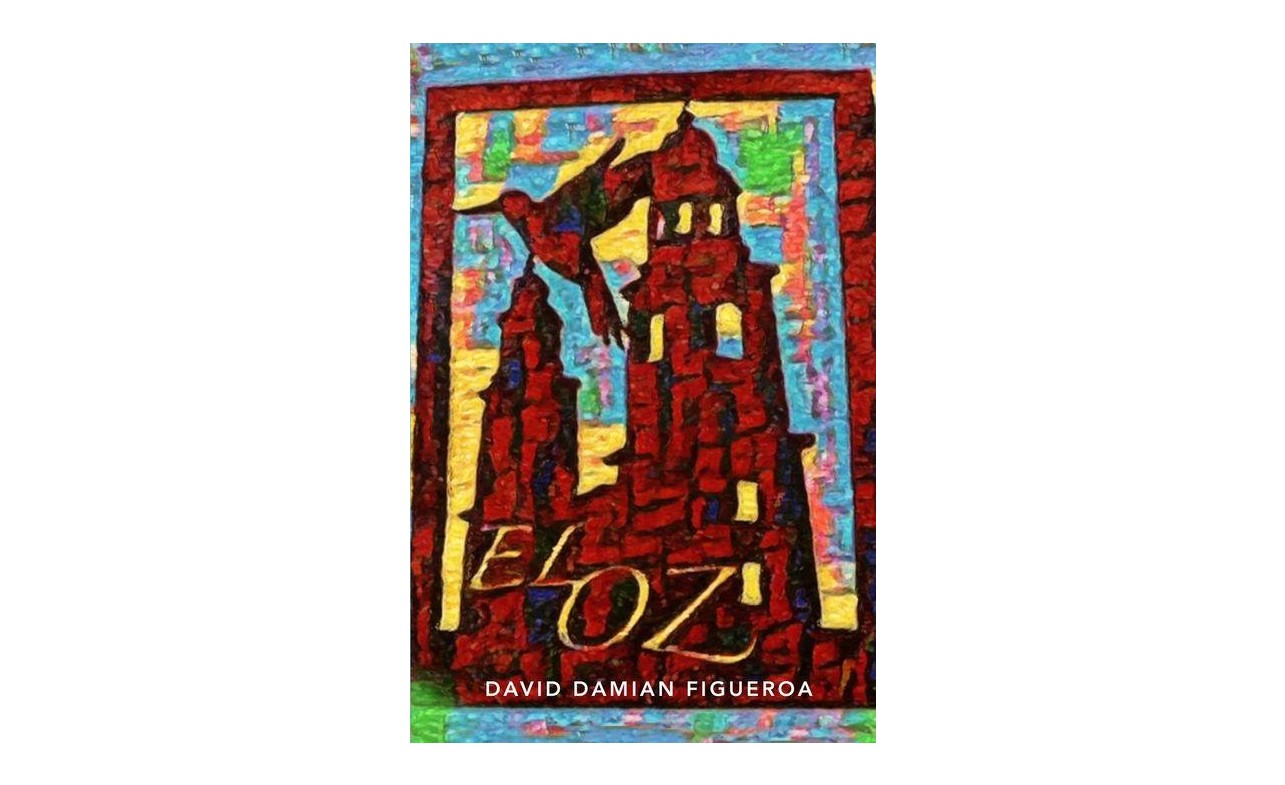
'The Wizard of Oz' with a Latino Twist
Author David Damian Figueroa has adapted the American classic to Latino culture
David Damian Figueroa grew up working in the agricultural fields in Yuma, Arizona, and that experience was what inspired him to write his second children’s book: El Oz, an adaptation to Latino culture of the American 1920s classic book, The Wizard of Oz.
The book stars a Mexican girl from El Pueblito de Los Milagros, and her devoted Chihuahua, Pepito, who live on a ranchito with Tia Tonia and Tios Ozvaldo, Wilfredo, Pablo, and Leonardo. Dolores is accustomed to living a simple life filled with folk dancing, daily chores of feeding the farm animals, laundry, and cooking meals for the family.
Even though Dolores' tia and tios profit from the crops they grow on their ranchito, they still struggle to compete in the changing economy. Their efforts to carve out a traditional living prove futile. With the threat of losing the farm, Tio Ozvaldo makes a difficult decision to travel to the City of Angeles to find work and send money back to the family.
RELATED CONTENT
Meanwhile, making regular payments for the ranchito to the insufferable landlord, Señora Vicenta, becomes increasingly tricky. A sudden rainstorm hits. Dolores and Pepito take cover under a large tree. When they awake, they find themselves in a strange land. A place where flowers with faces sing and her dog, Pepito, can now speak. A hummingbird guides them to the guardian Necaxa, who gives Dolores a red heart-shaped necklace for protection, and instructs Dolores to follow her own heart down a talavera tiled path to Ozlandia. Only he can help her to return home. Along the way, Dolores and Pepito meet Necaxa, Los Chiquitos, El Empresario, and befriend Welo, Hierro, and El Leon. They help protect them from the evil and wicked La Chaquetza and Los Malalas.
“This book is very much about agriculture, the food, the soil, and it’s very much inspired by my trips to Puebla Mexico and also the surroundings that I grew up the smells and the foods all the things in Yuma, Arizona, I have a lot of fond memories there,” the author, producer, and farmworker rights activist told KYMA/CBS.
As he explained KYMA, Figueroa spent a lot of time working with his Mexican mother, who taught him the art of positivity through traditional Mexican songs, storytelling, and sayings.
“I wrote this book because I really felt it has a lot of messages in it, a lot of symbolism, and a lot of things I learned along the way,” Figueroa said.
The book, available on multiple online sites including Barnes and Noble, GoogleBooks, and Amazon,, will be published in Spanish in 2023.












LEAVE A COMMENT: